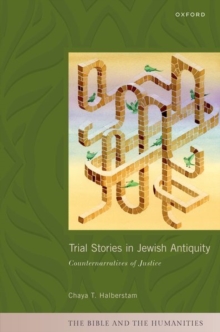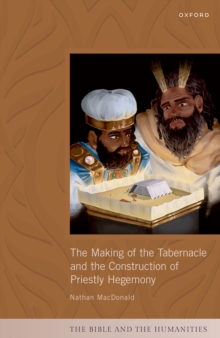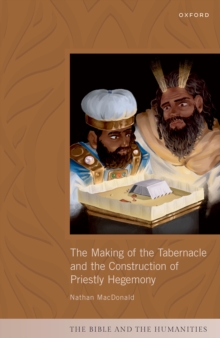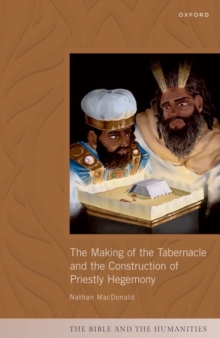
Indigenous Rights and the Legacies of the Bible : From Moses to Mabo Hardback
by Mark G. (Professor of Hebrew Bible, Professor of Hebrew Bible, University of Divinity, Melbou Brett
Part of the The Bible and the Humanities series
Hardback
- Information
Description
A Christian imagination of colonial discovery permeated the early modern world, but legal histories developed in very different ways depending on imperial jurisdictions.
Indigenous Rights and the Legacies of the Bible: From Moses to Mabo explores the contradictions and ironies that emerged in the interactions between biblical warrants and colonial theories of Indigenous natural rights.
The early debates in the Americas mutated in the British colonies with a range of different outcomes after the American Revolution, and tracking the history of biblical interpretation provides an illuminating pathway through these historical complexities.
A ground-breaking legal judgment in the High Court of Australia, Mabo v.
Queensland (1992), demonstrates the enduring legacies of debates over the previous five centuries.
The case reveals that the Australian colonies are the only jurisdiction of the English common law tradition within which no treaties were made with the First Nations.
Instead, there is a peculiar development of terra nullius ideology, which can be traced back to the historic influences of the book of Genesis in Puritan thought in the seventeenth century. Having identified both similarities and differences between various colonial arguments, and their overt dependence on early modern theological reasoning, Mark G.
Brett examines the paradoxical permutations of imperial and anti-imperial motifs in the biblical texts themselves.
Concepts of rights shifted over the centuries from theological to secular frameworks, and more recently, from anthropocentric assumptions to ecologically embedded concepts of Indigenous rights and responsibilities.
Bearing in mind the differences between ancient and modern notions of indigeneity, a fresh understanding of this history proves timely as settler colonial states reflect on the implications of the United Nations Declaration on the Rights of Indigenous Peoples (2007).
Brett's illuminating insights in this detailed study are particularly relevant for the four states which initially voted against the Declaration: the USA, Canada, New Zealand, and Australia.
Information
-
Pre-OrderFree UK DeliveryThis title is available for pre-order
- Format:Hardback
- Pages:256 pages
- Publisher:Oxford University Press
- Publication Date:27/06/2024
- Category:
- ISBN:9780198883005
Information
-
Pre-OrderFree UK DeliveryThis title is available for pre-order
- Format:Hardback
- Pages:256 pages
- Publisher:Oxford University Press
- Publication Date:27/06/2024
- Category:
- ISBN:9780198883005



